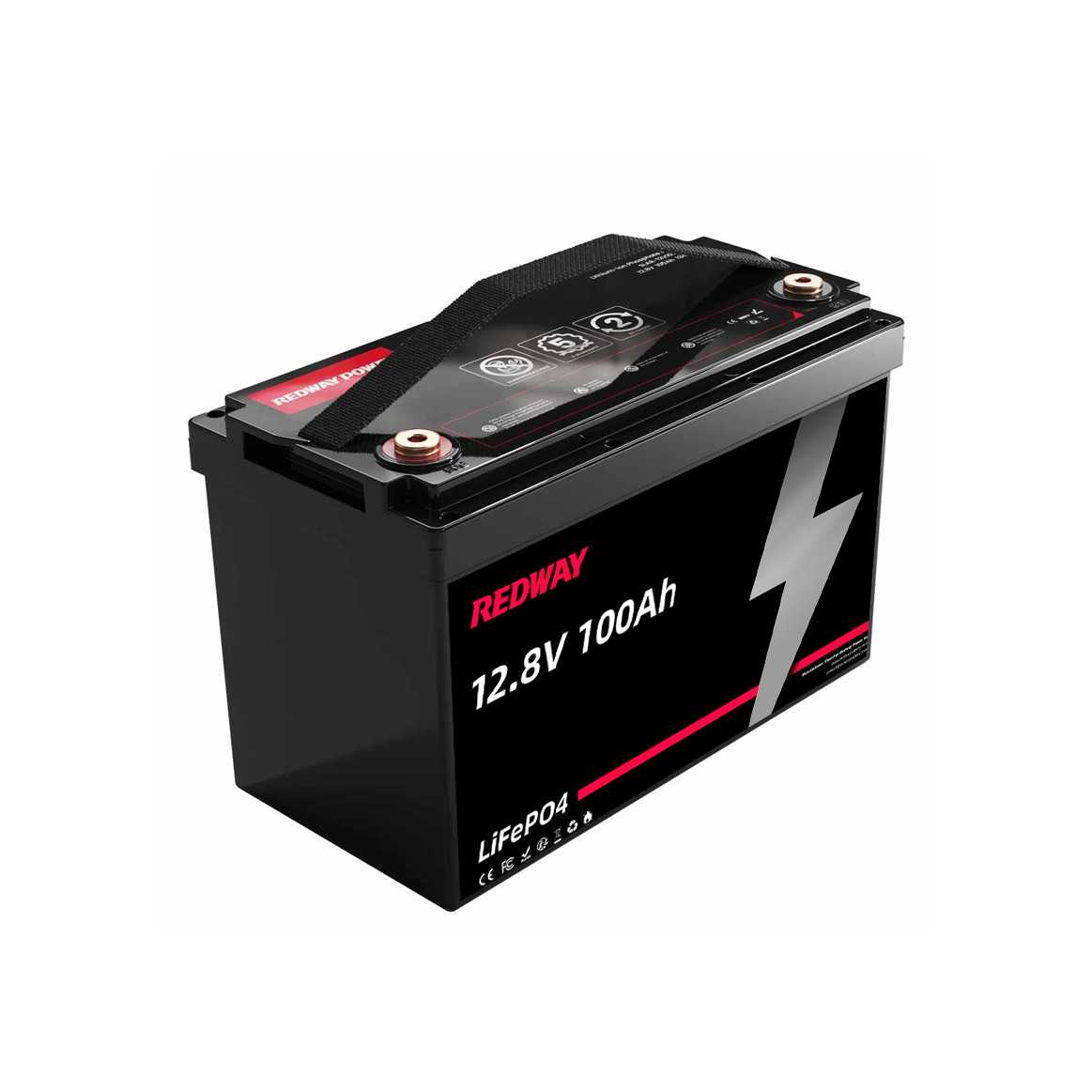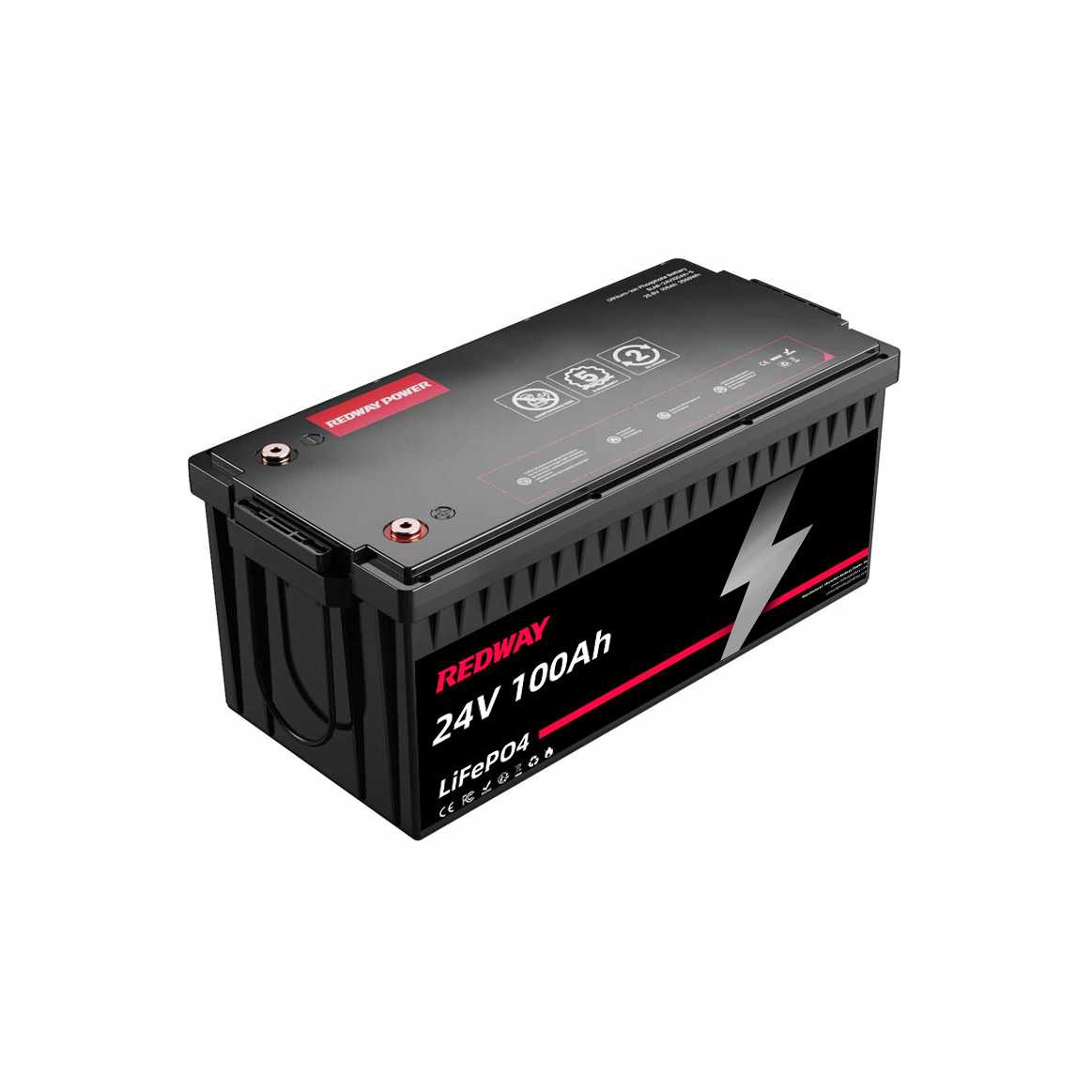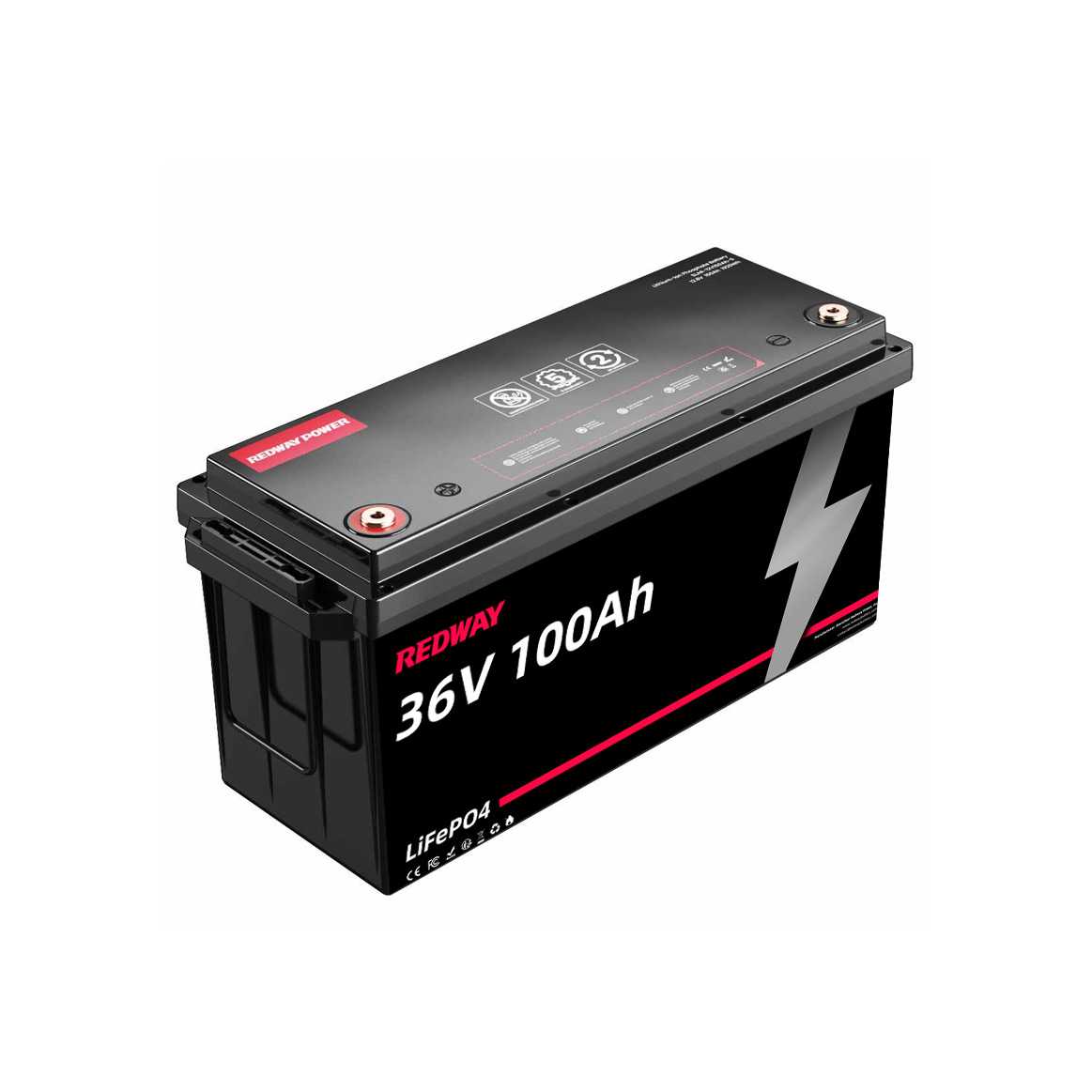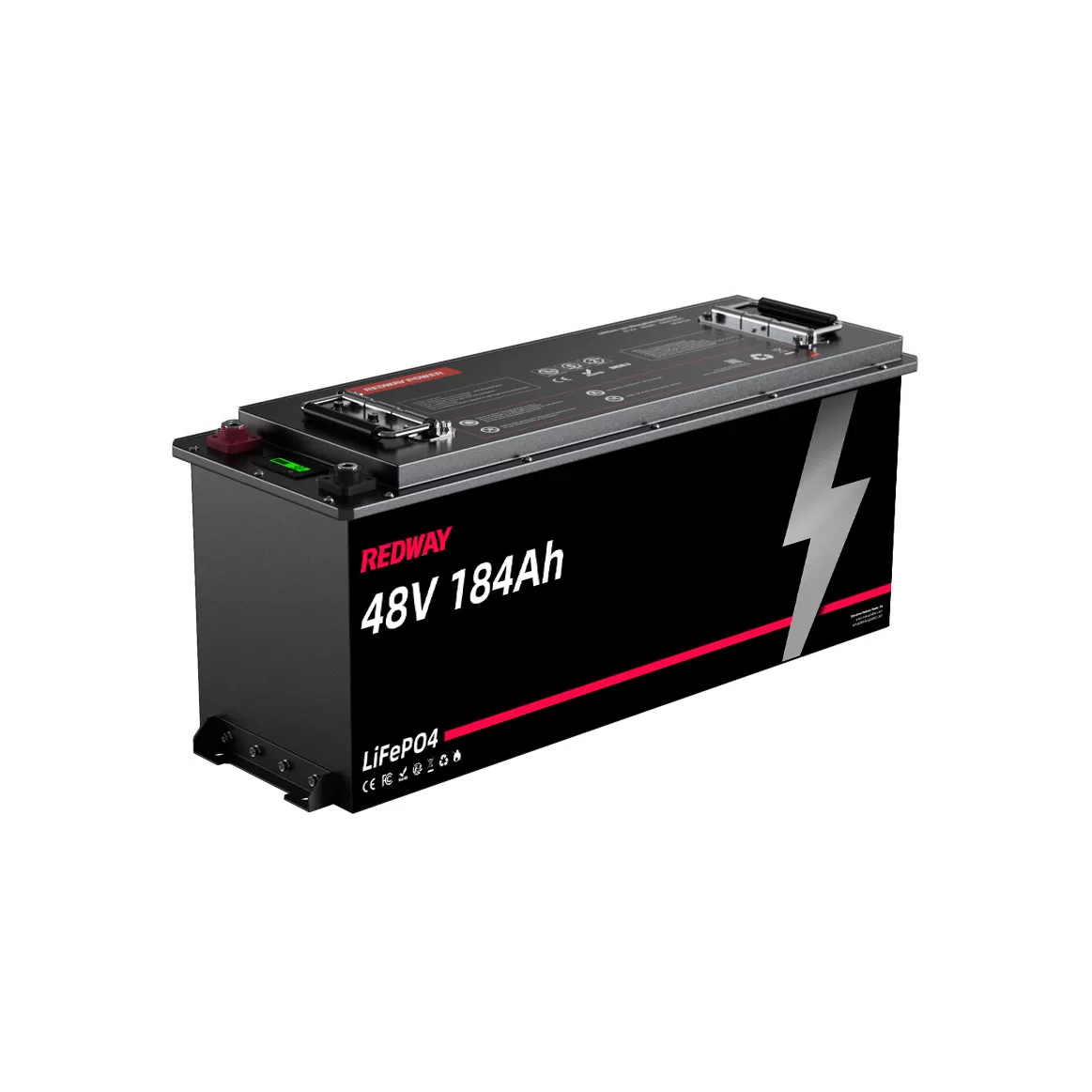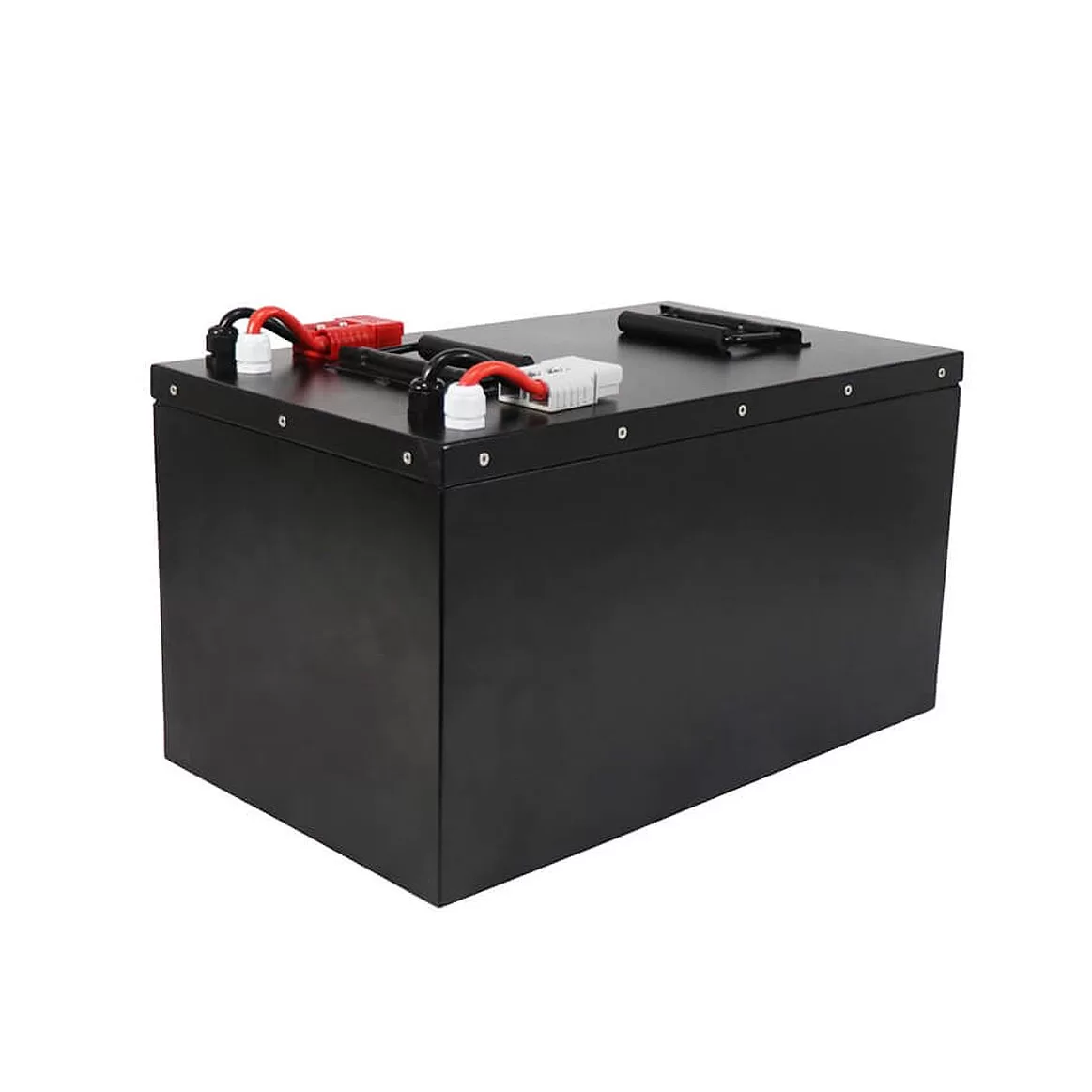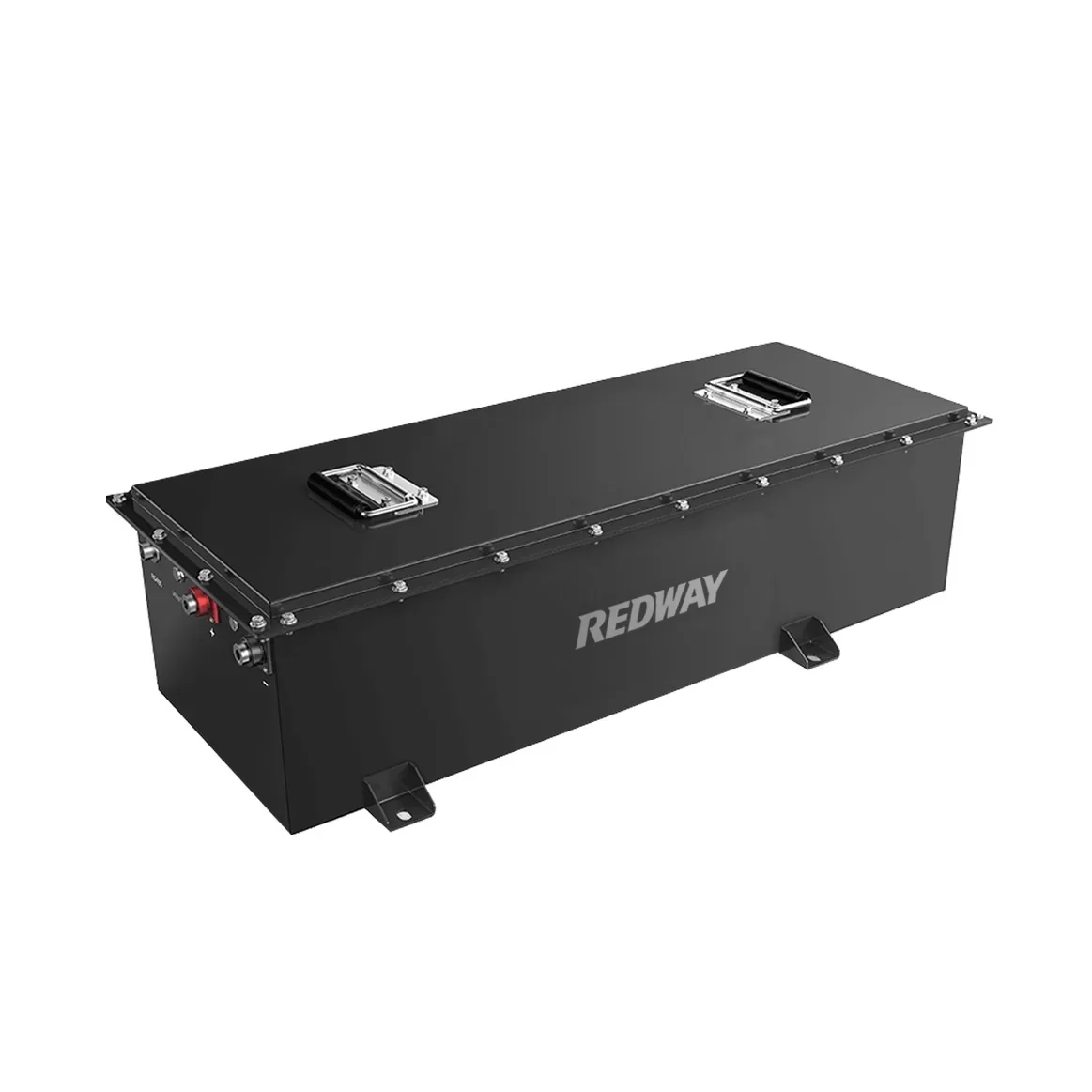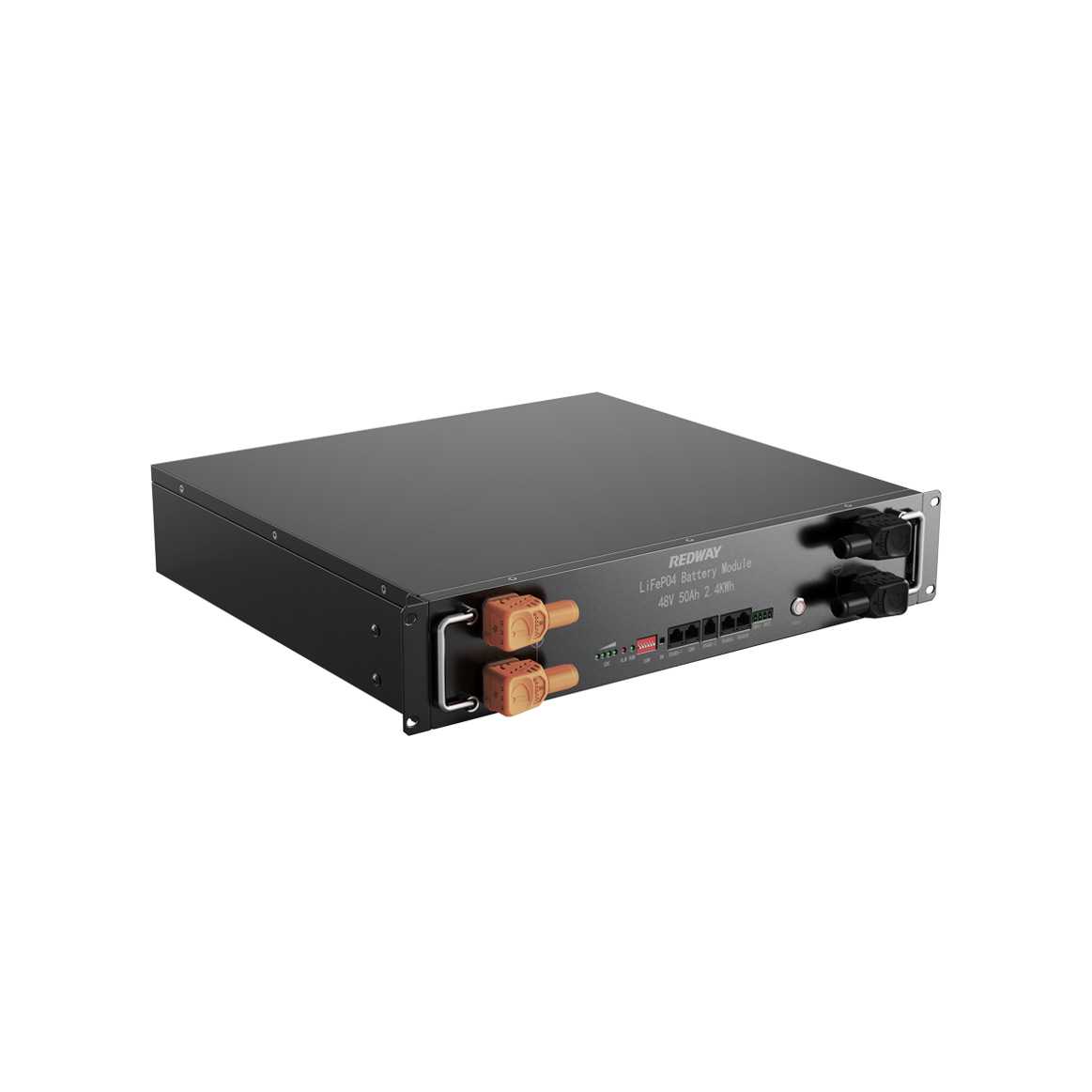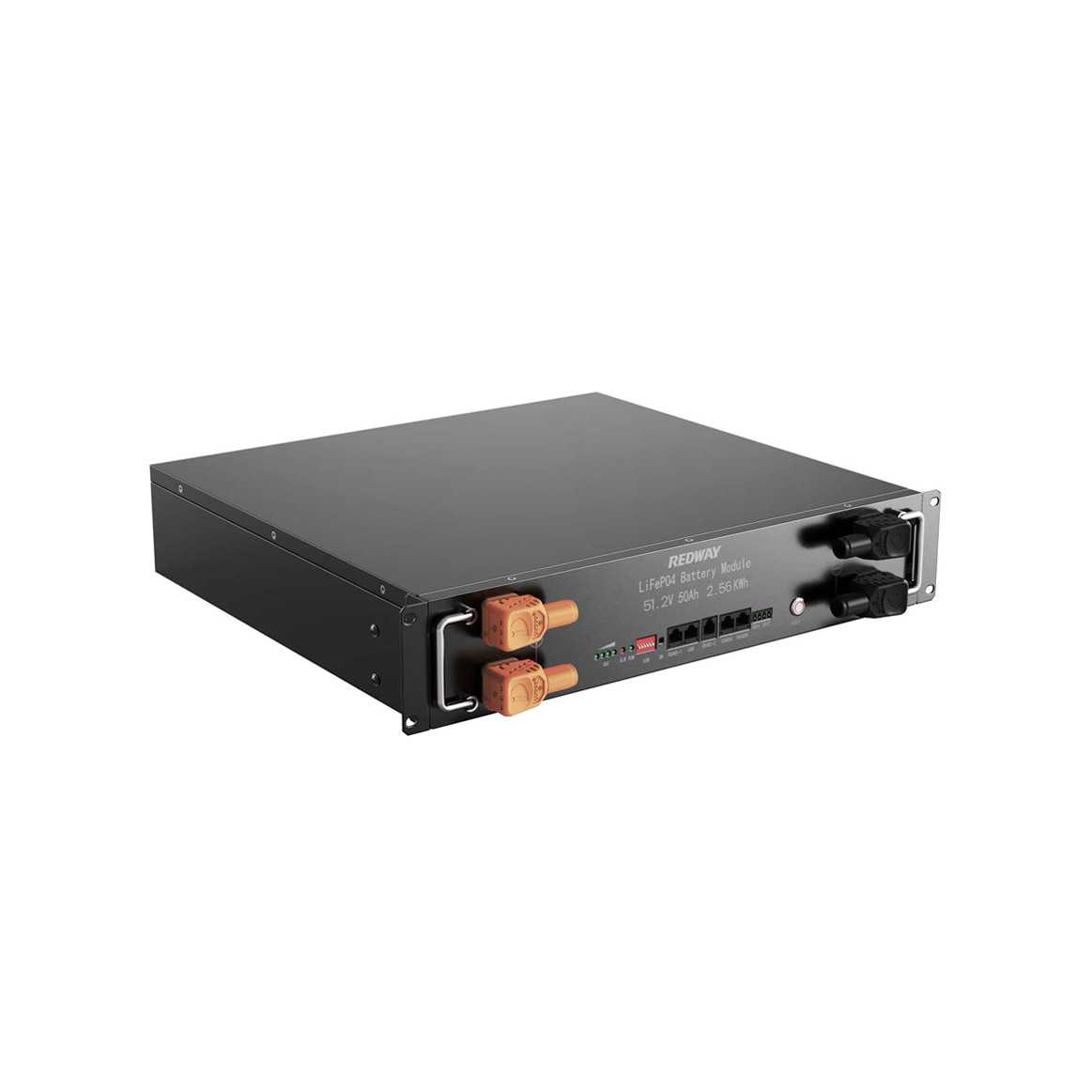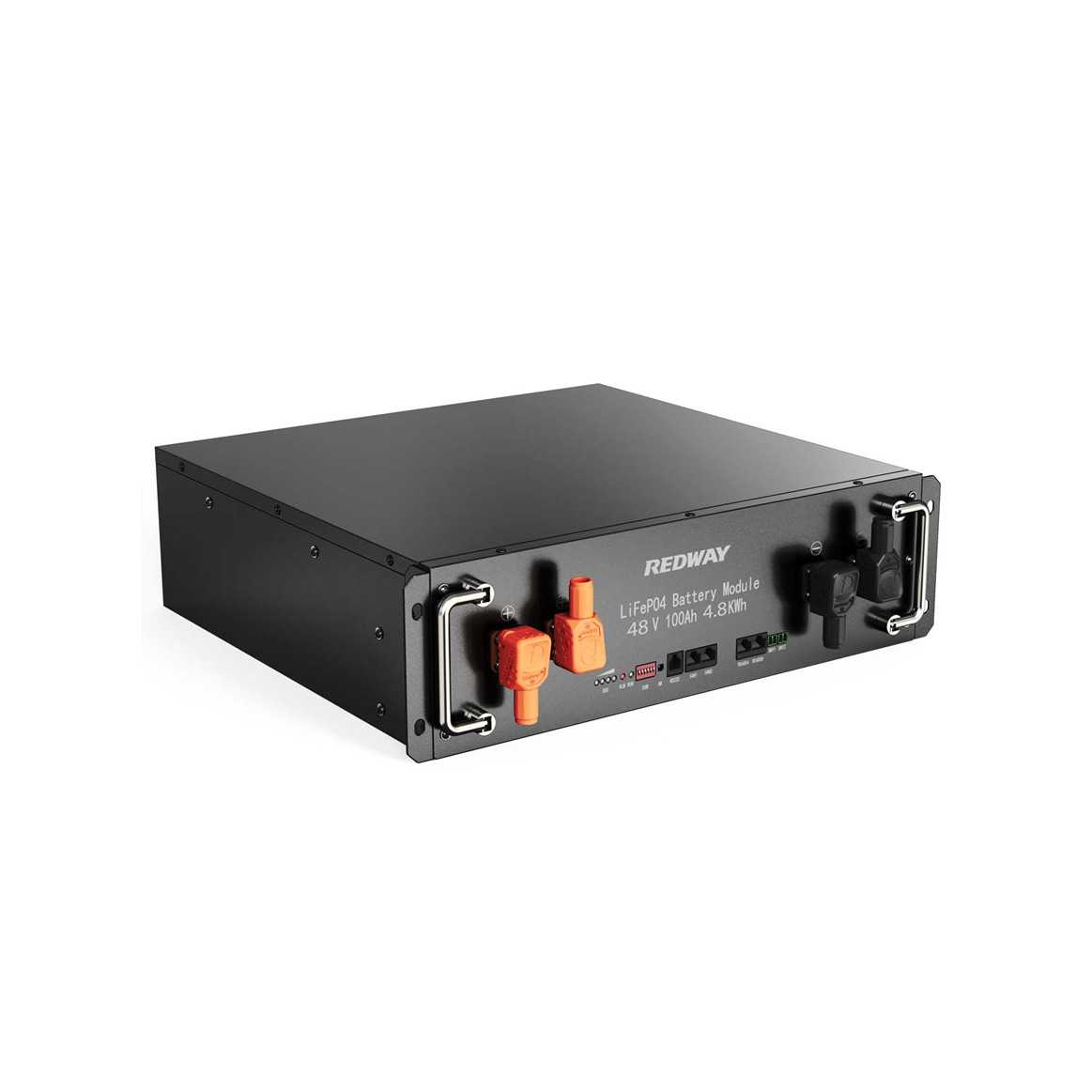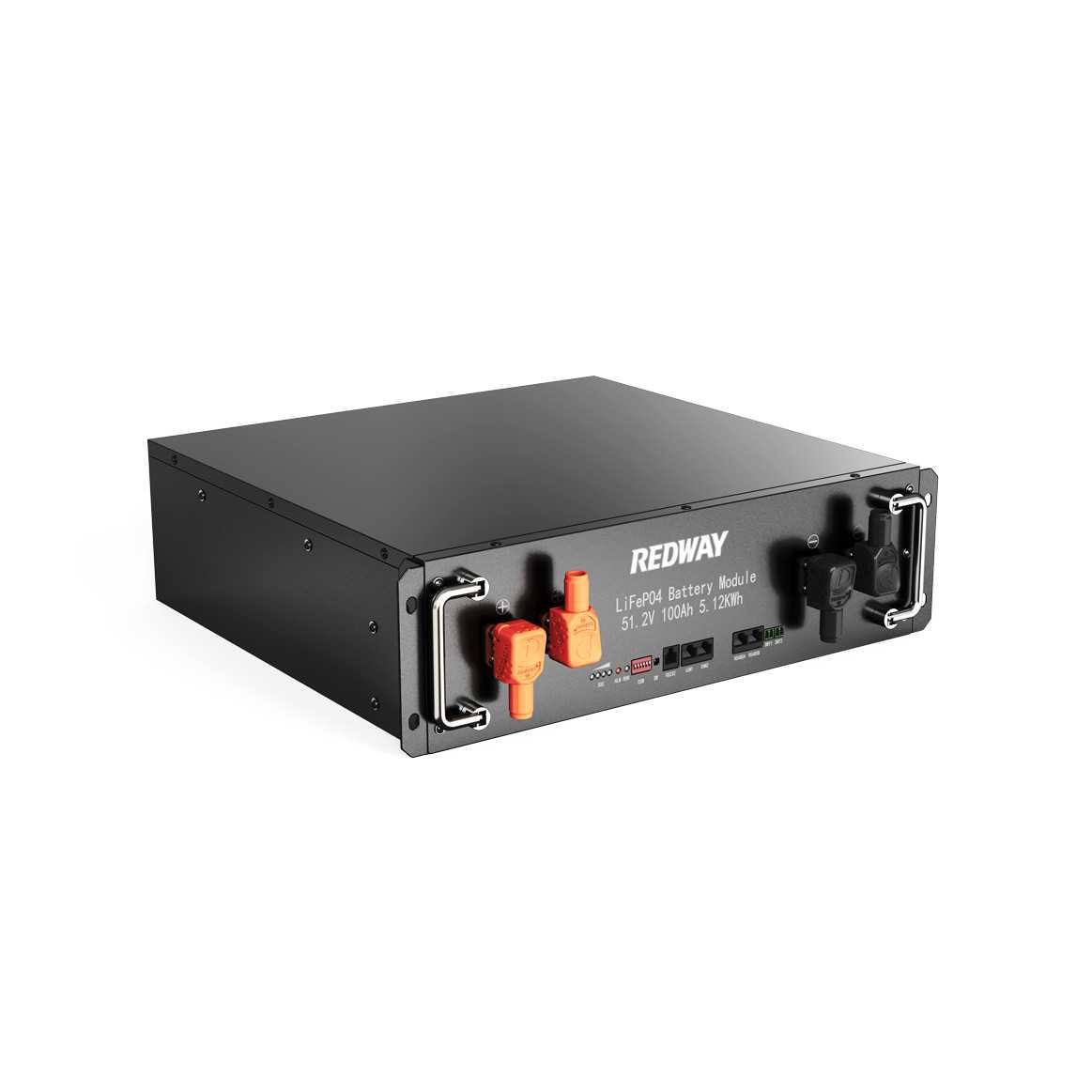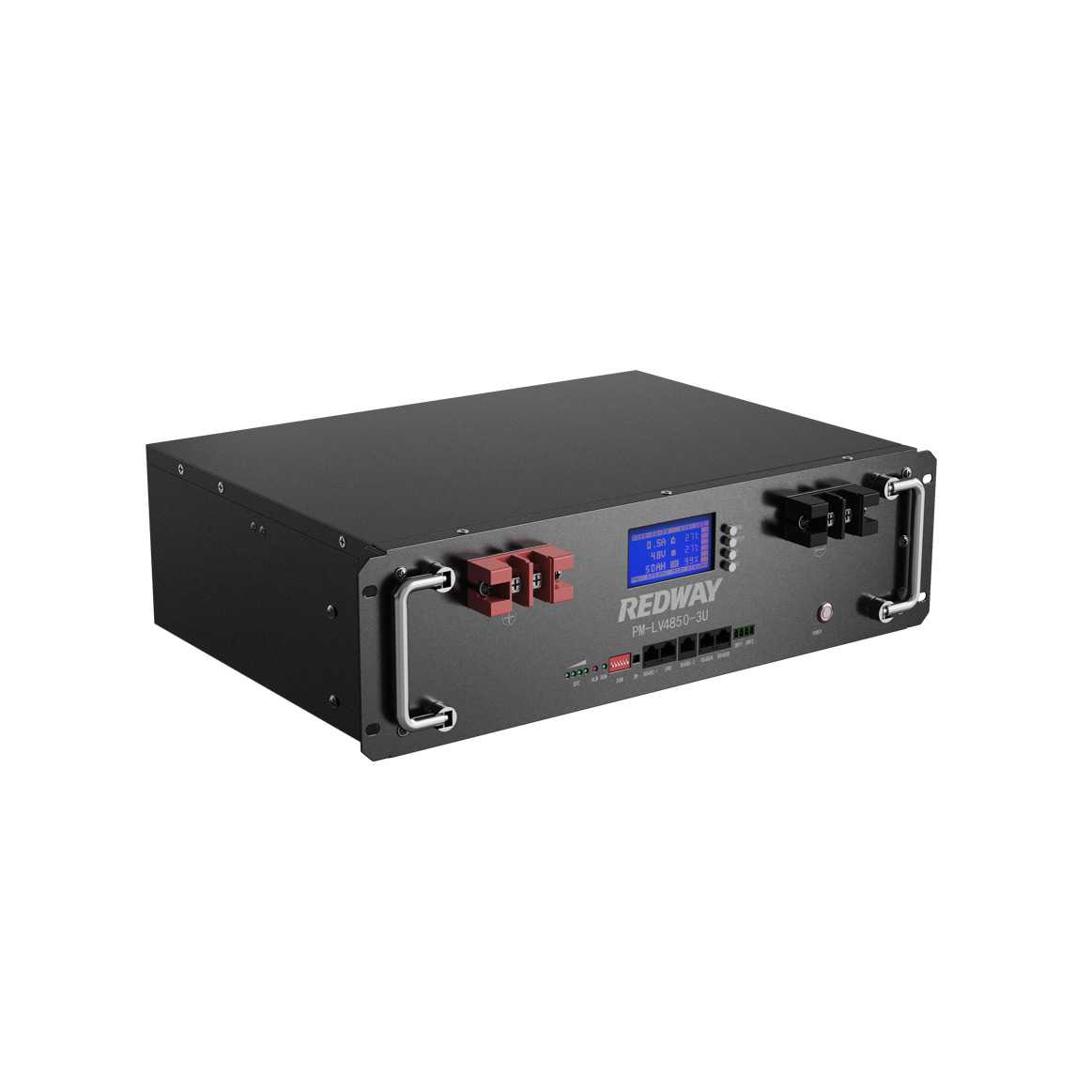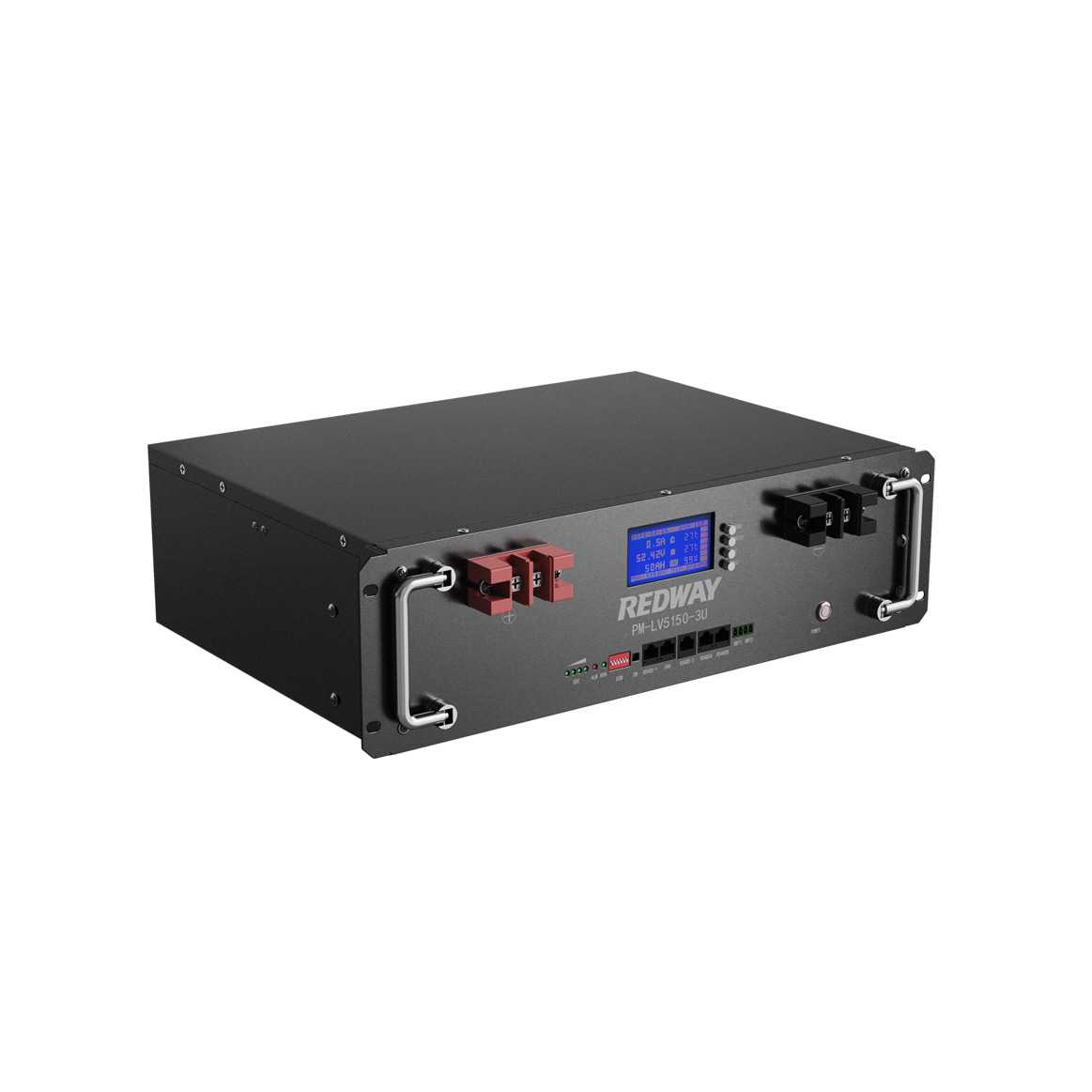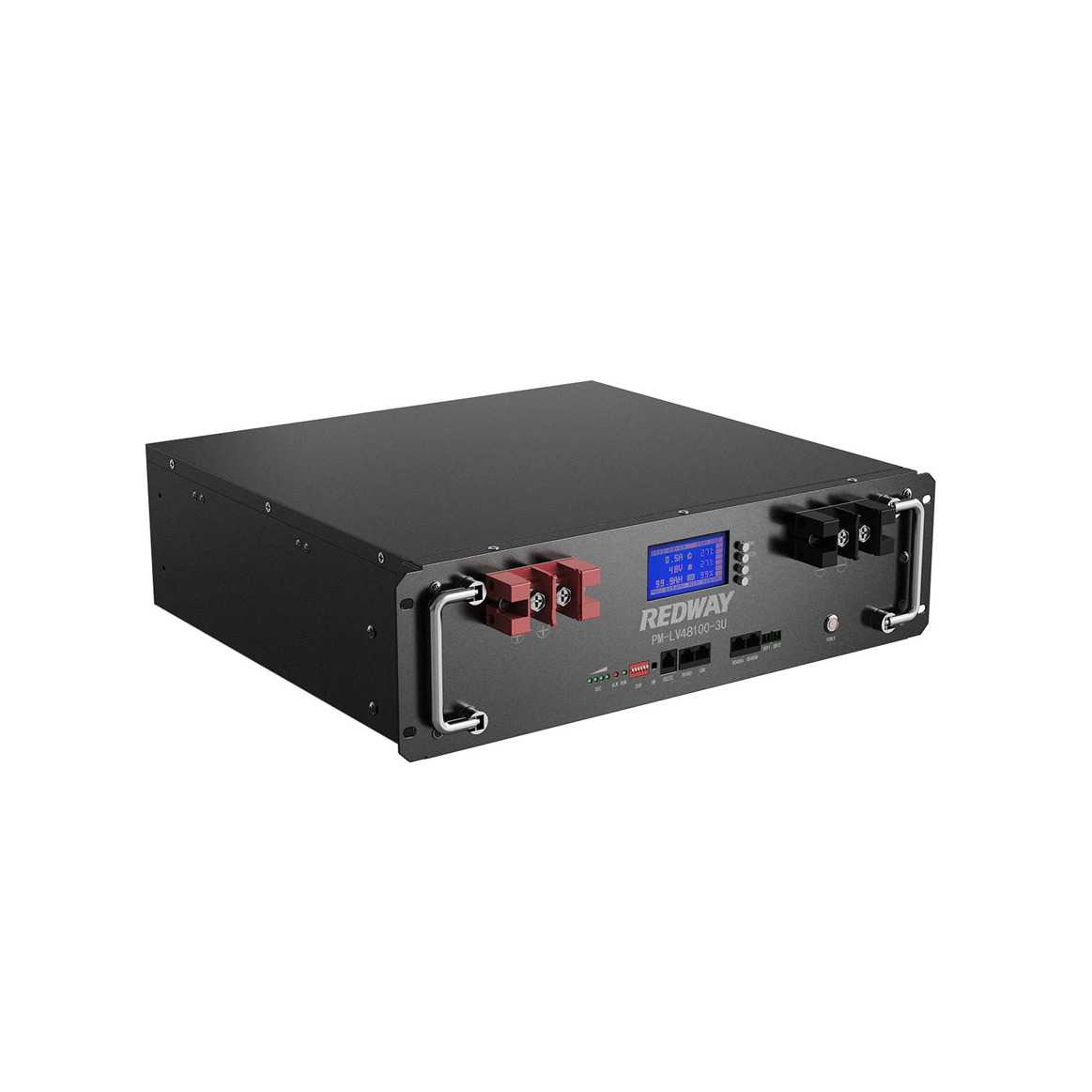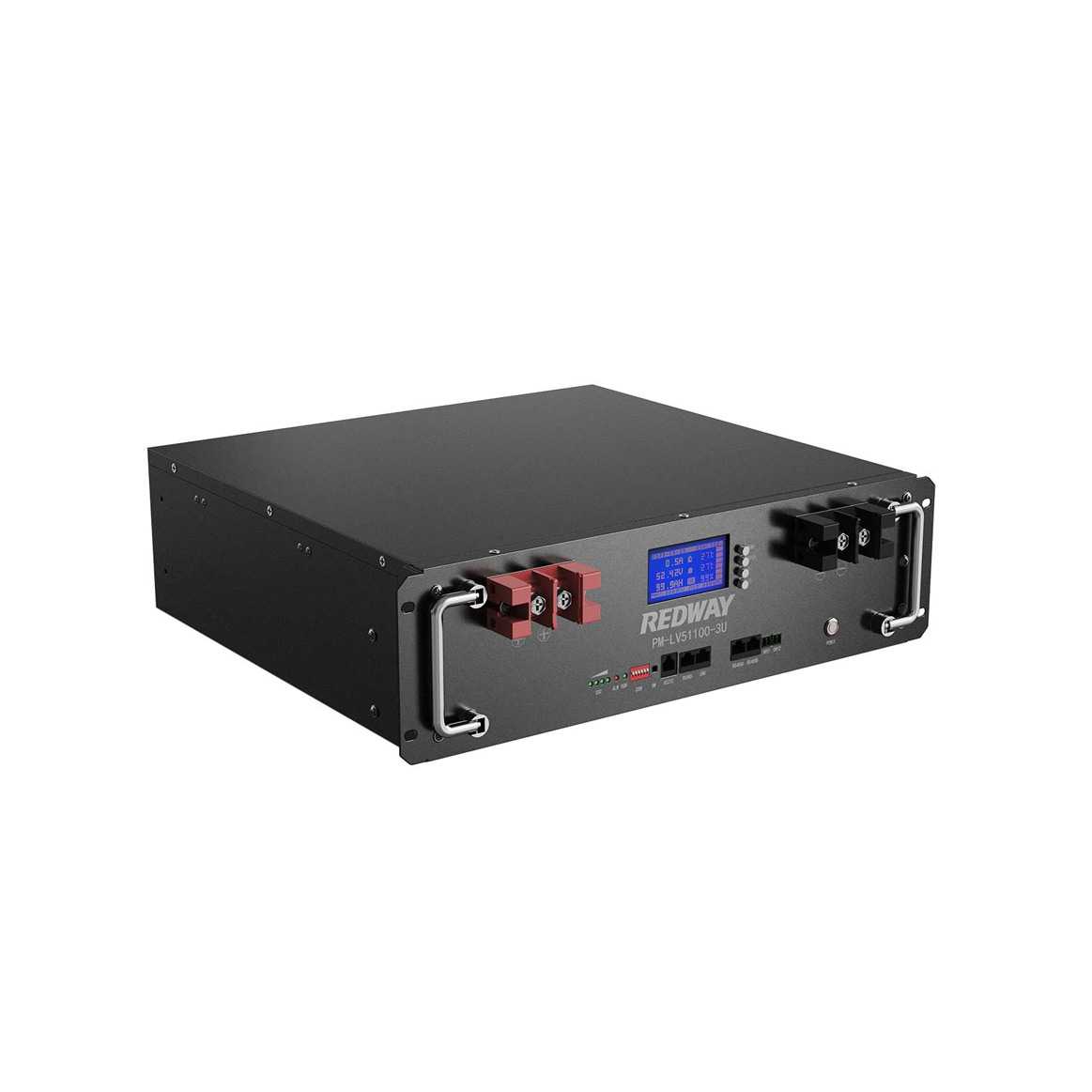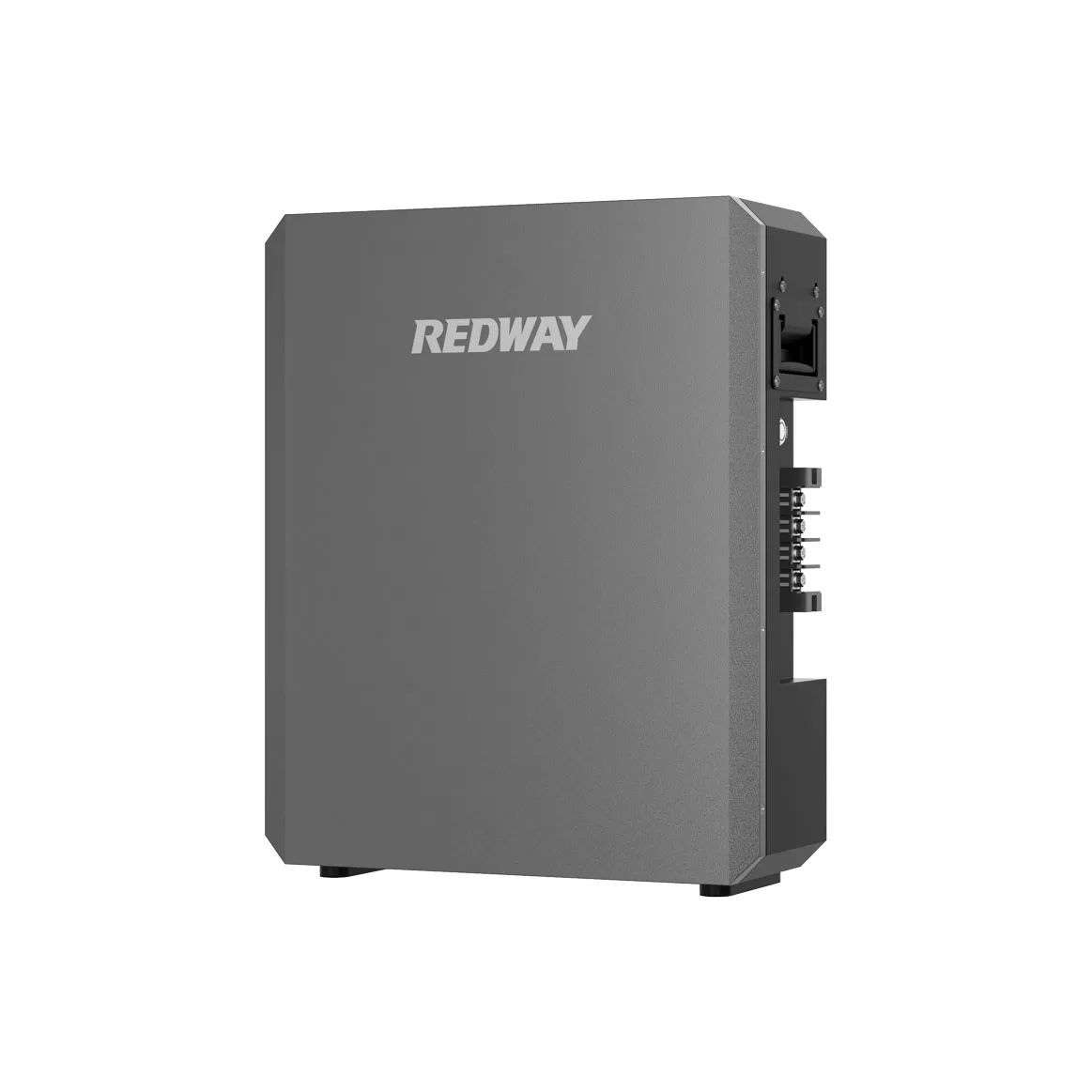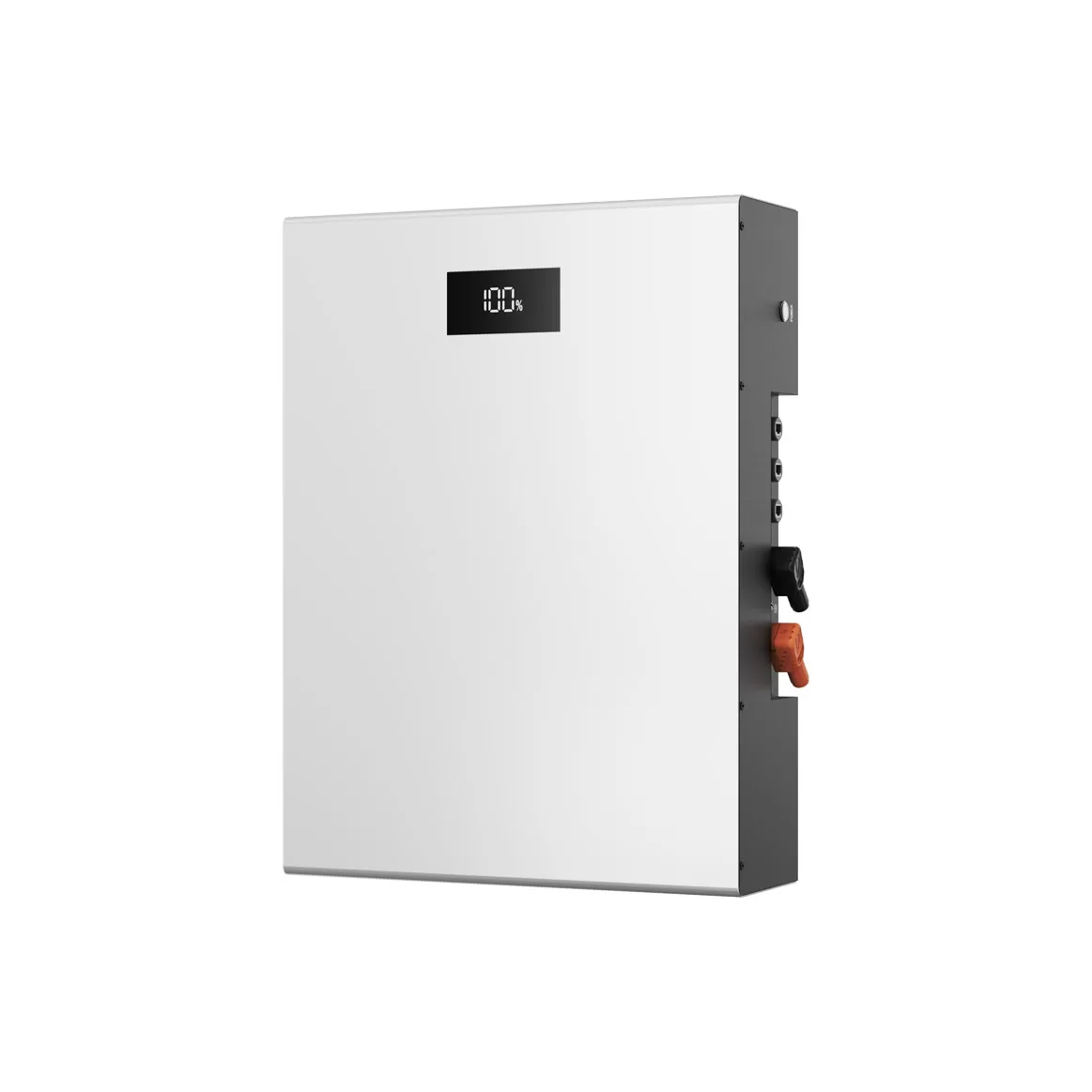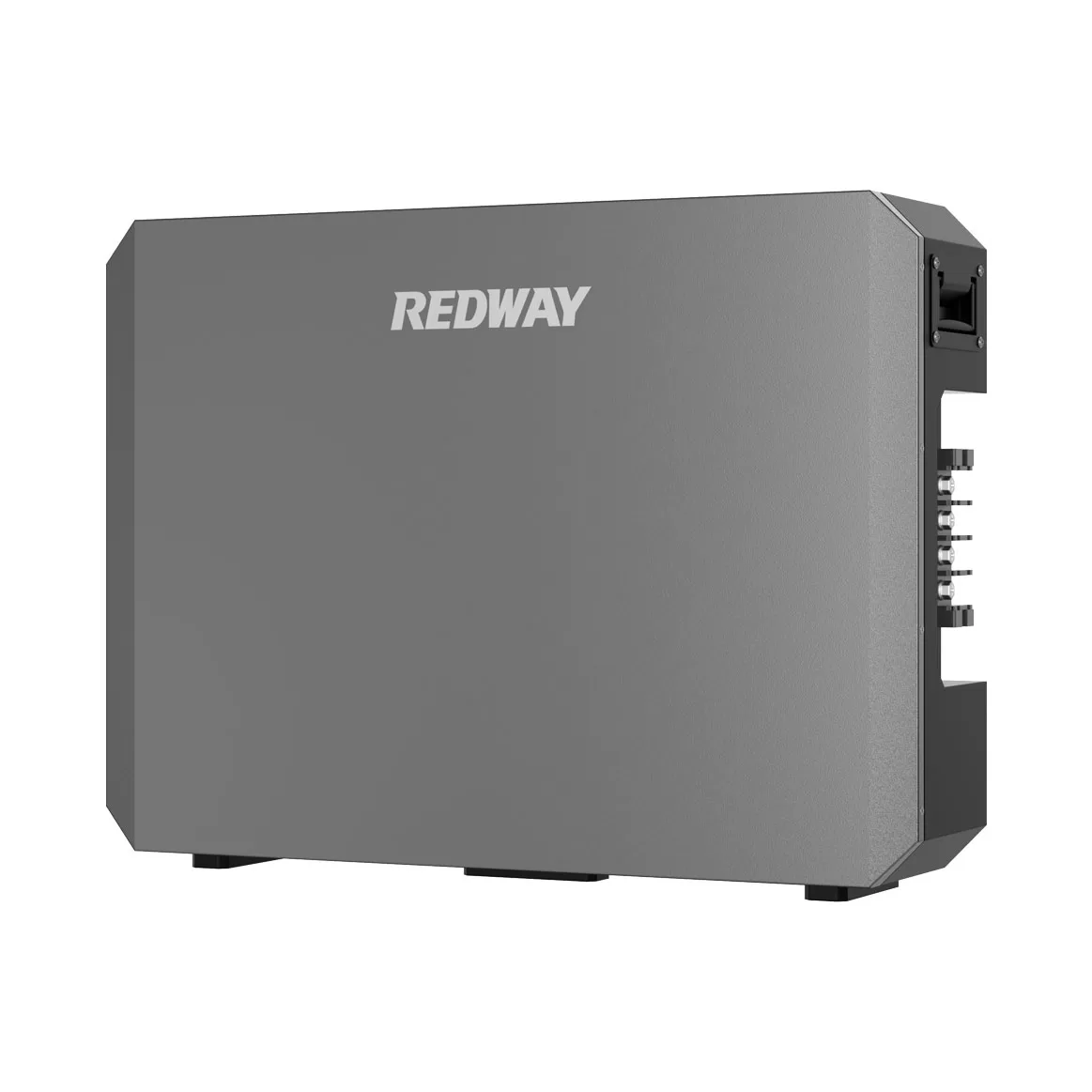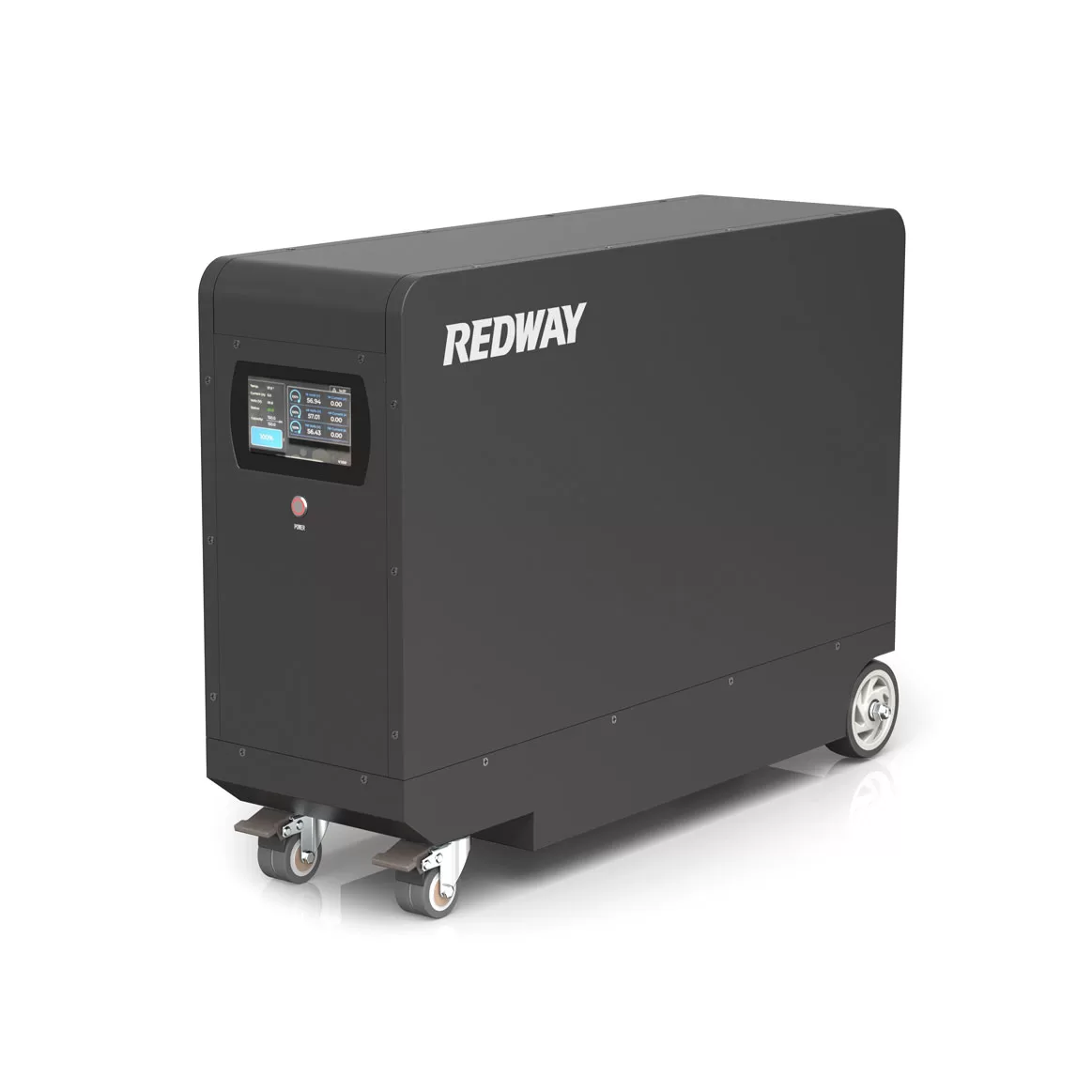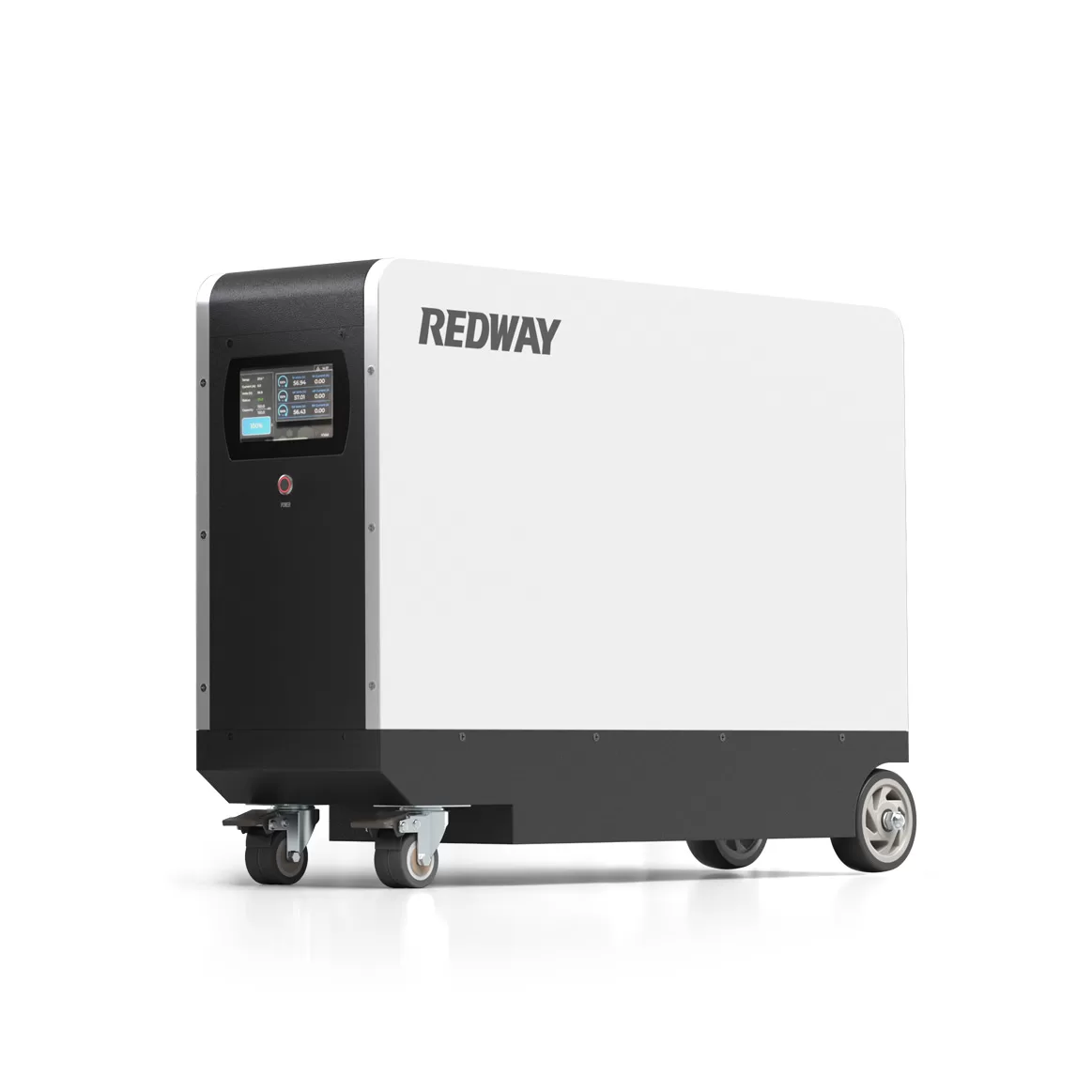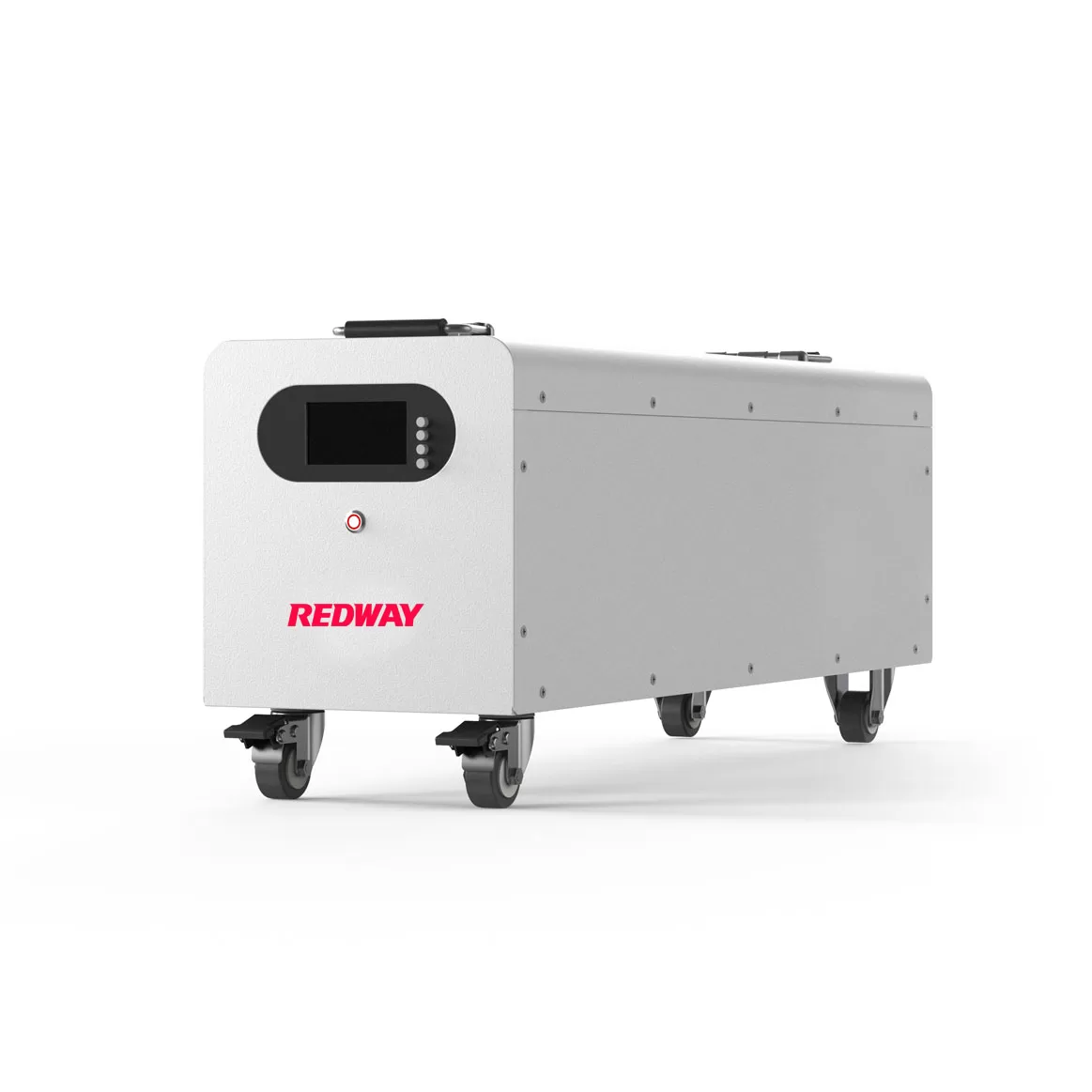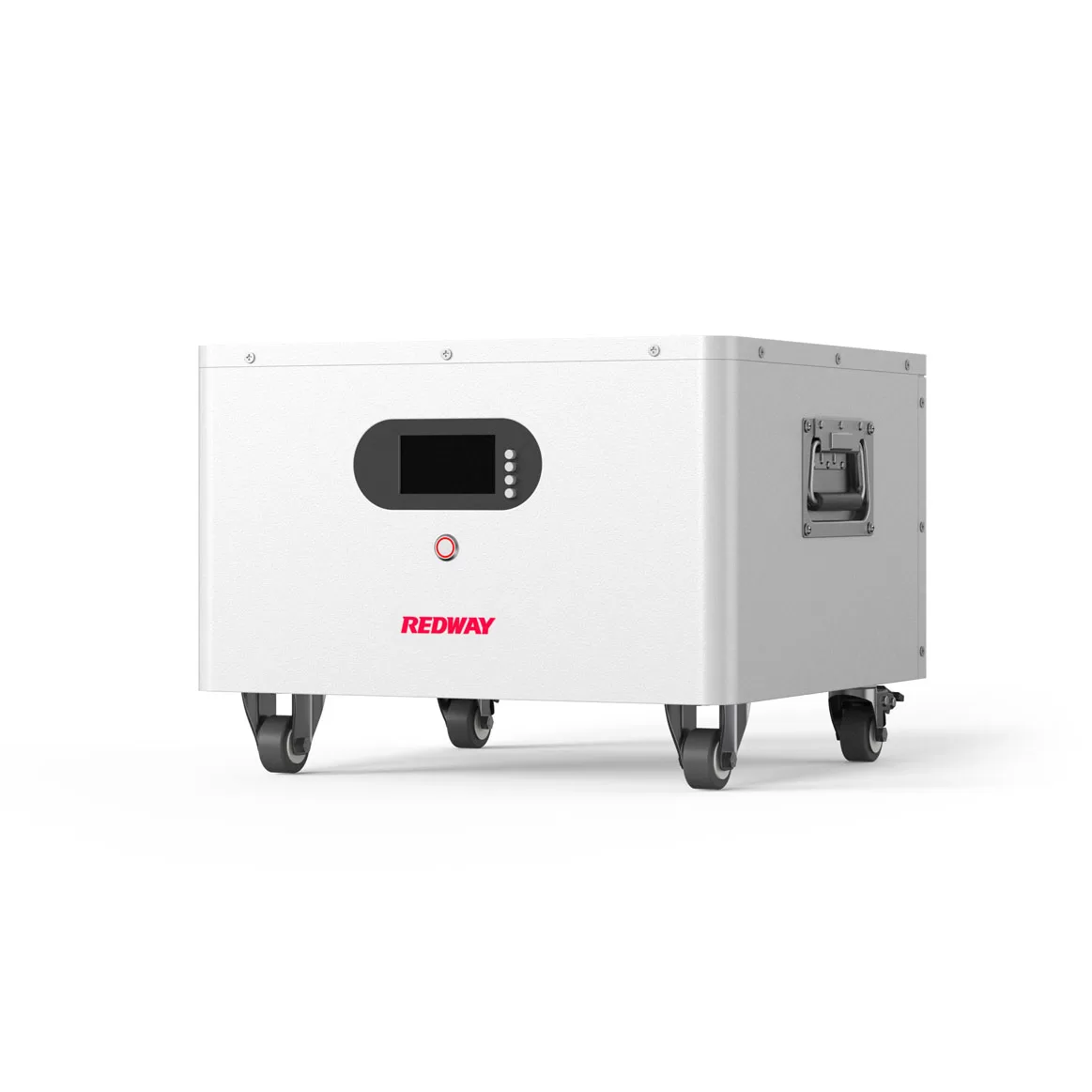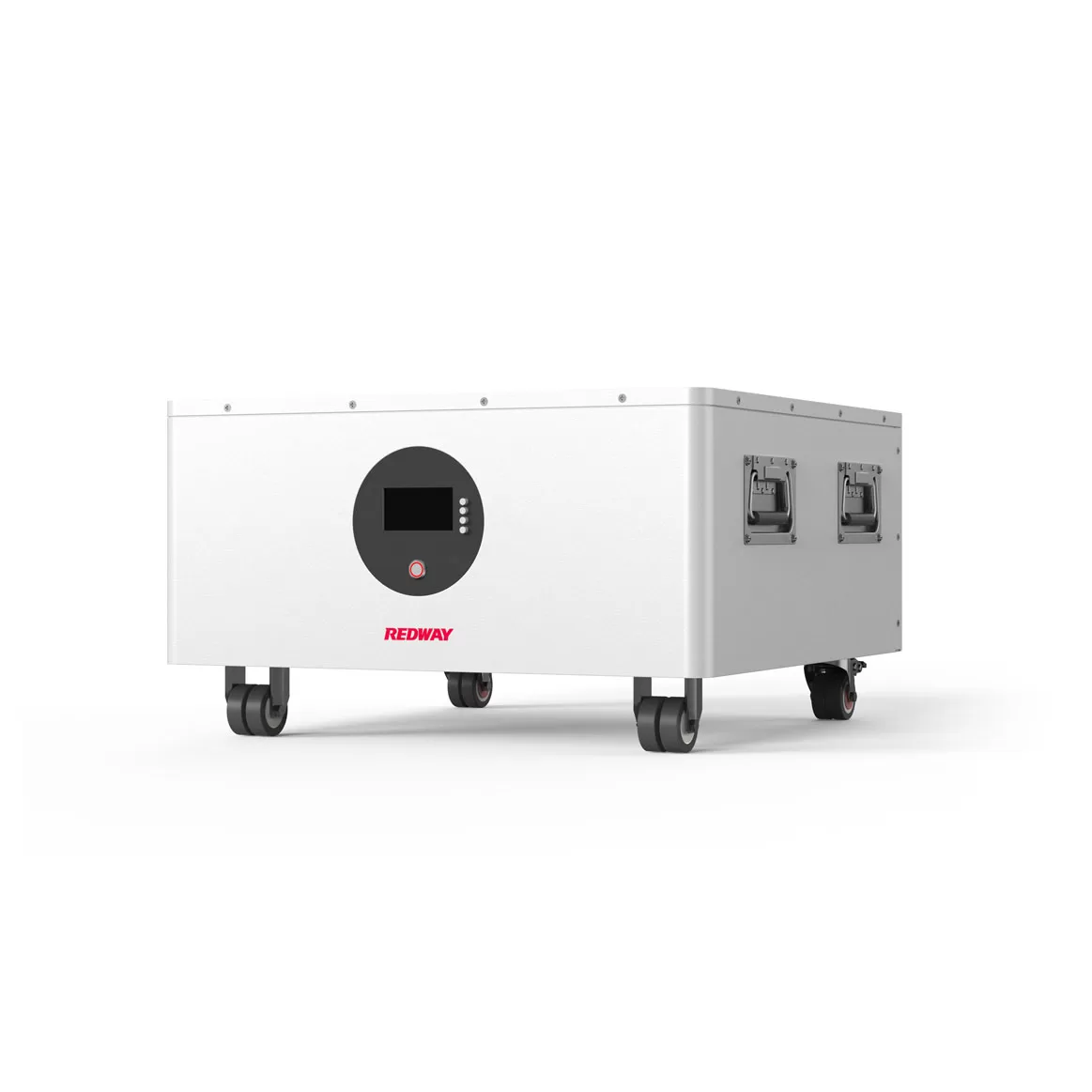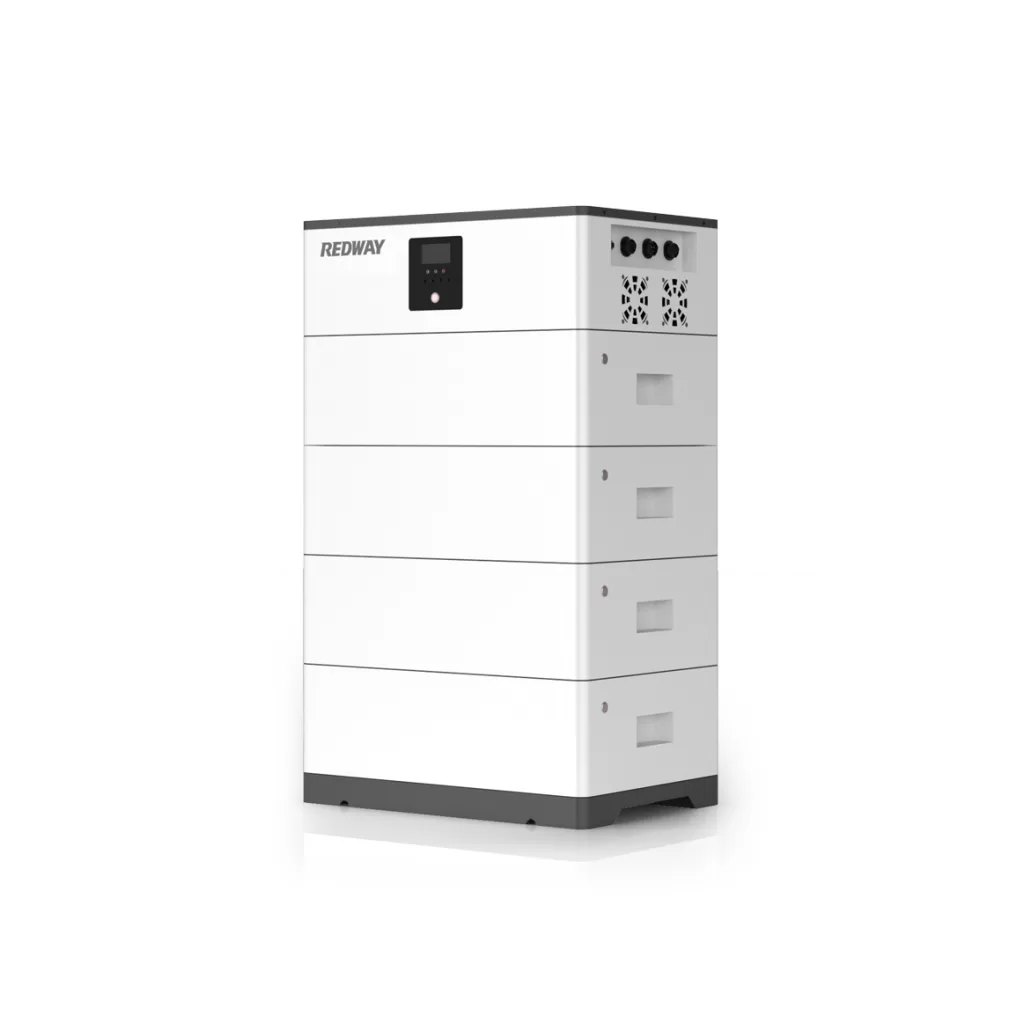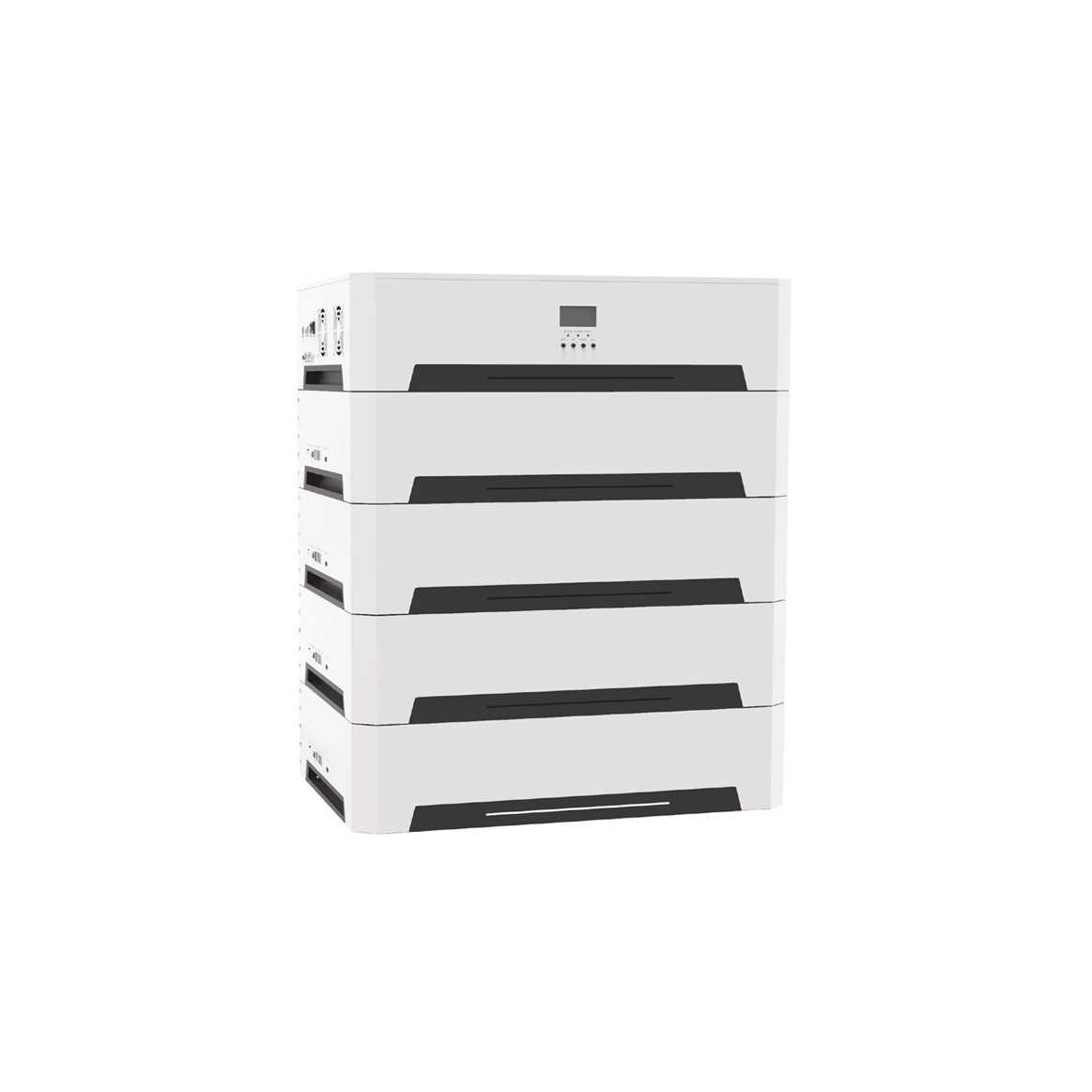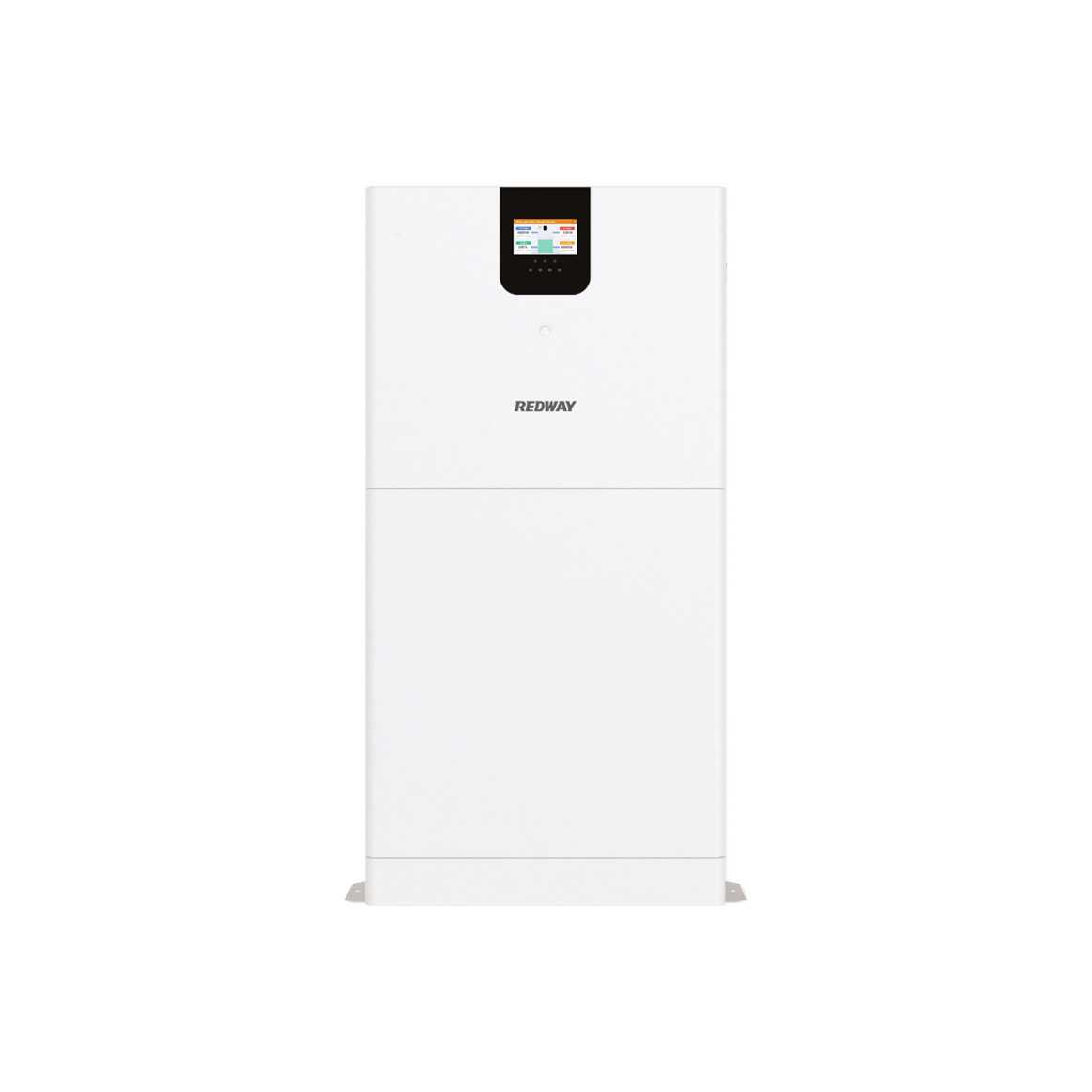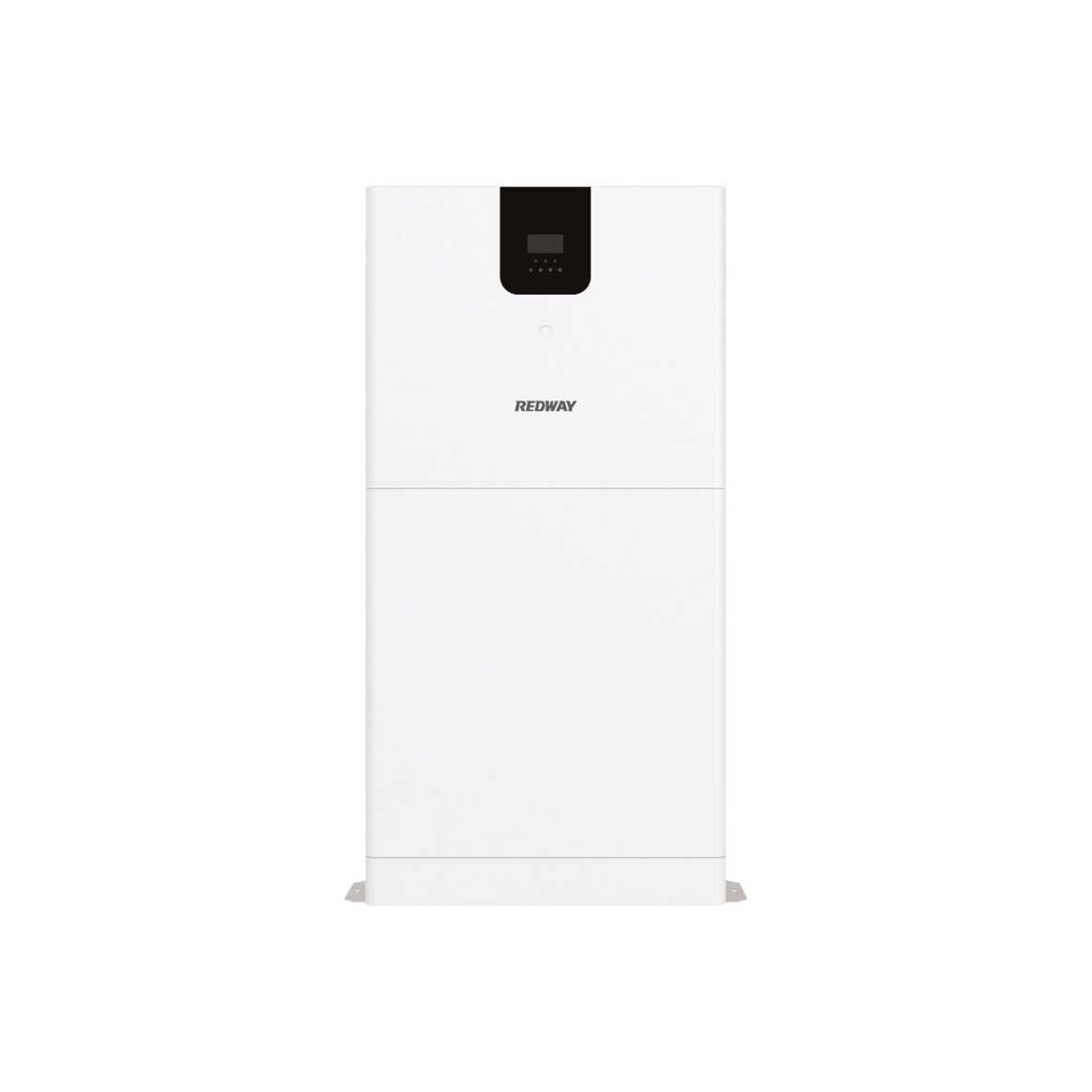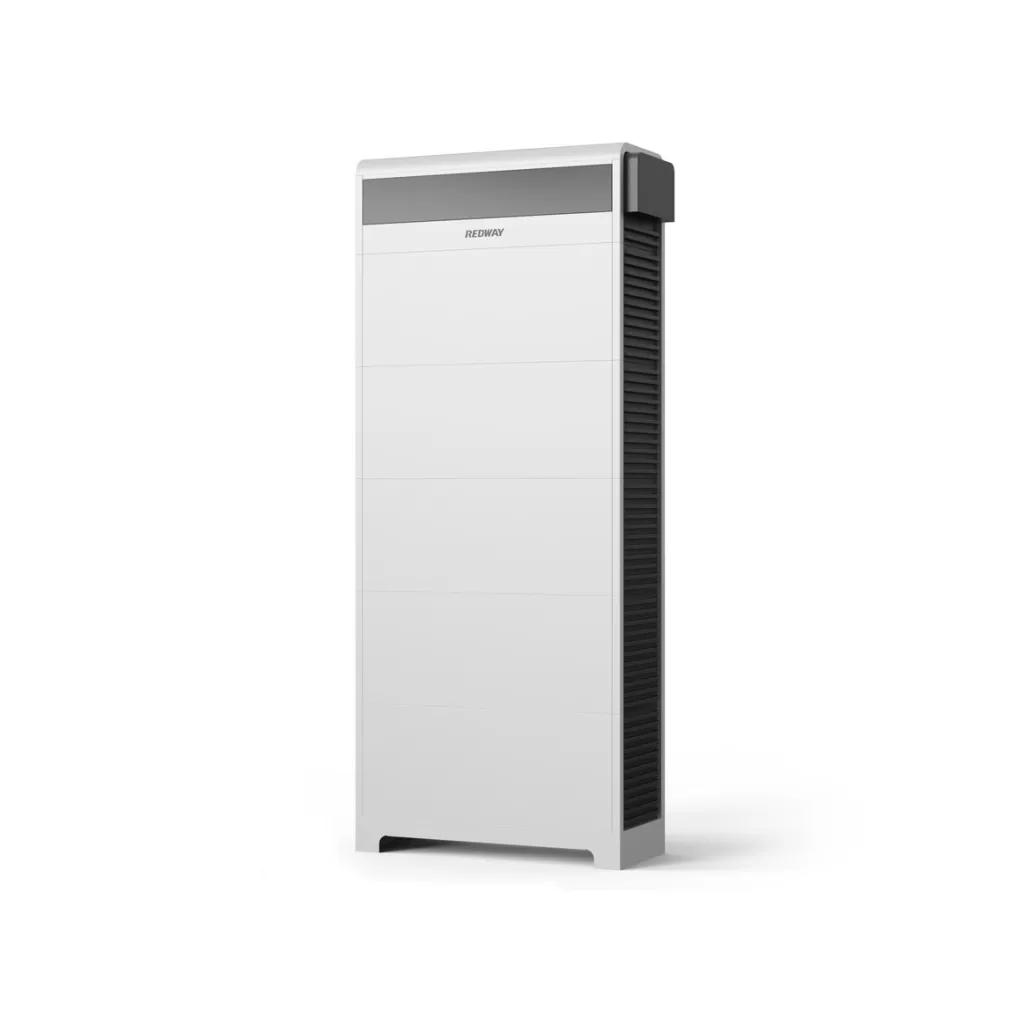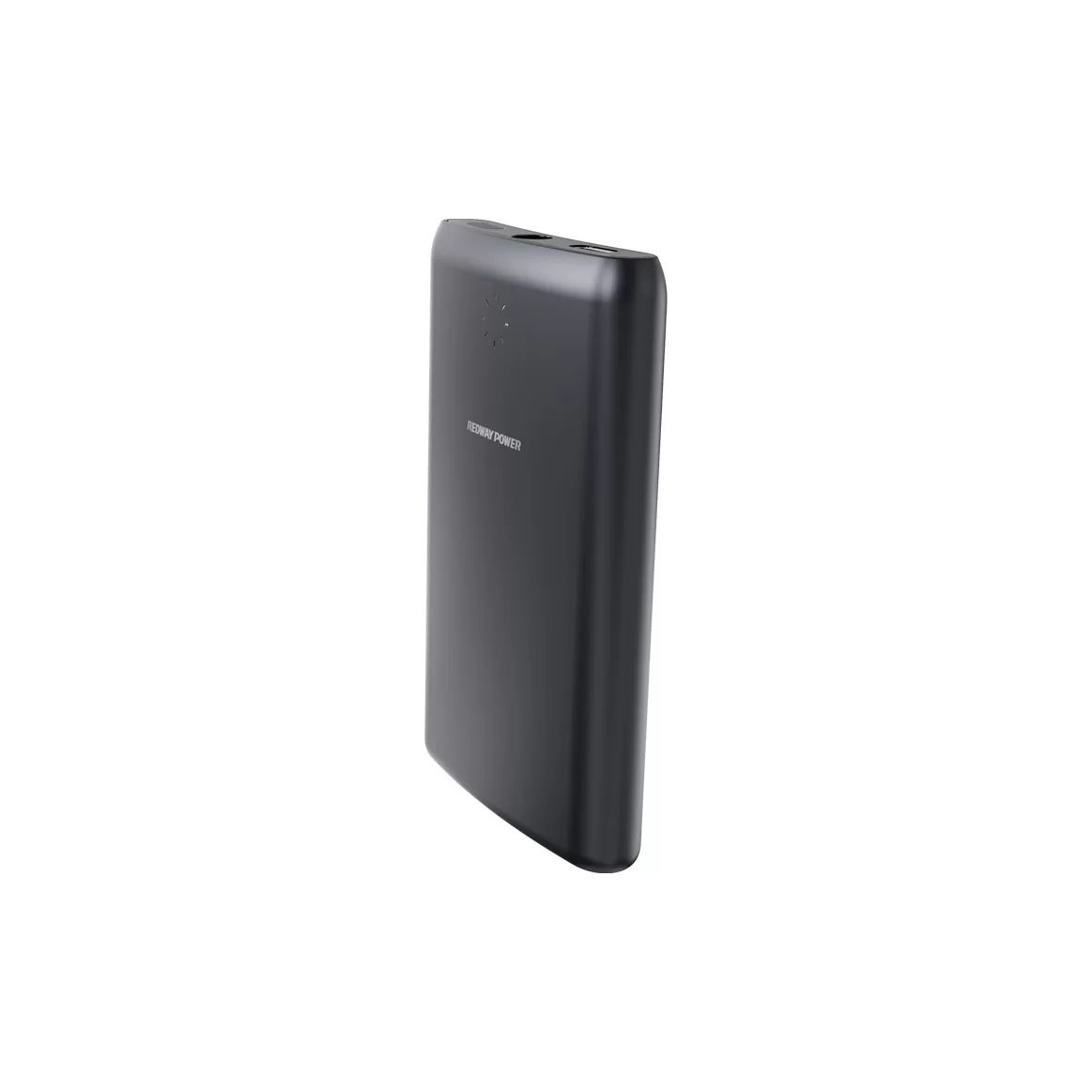Deye es un caso ejemplar de la idea de emprendimiento de base, su crecimiento, resurgimiento, y es considerada un referente en el campo de la empresa con un gran valor de investigación.
Para cada empresa, su alma está en su fundador. El Sr. Zhang, el fundador de Deye, nació en 1952. En una era de floreciente desarrollo en la industria de los electrodomésticos, el Sr. Zhang comenzó su viaje desde los componentes de plástico y hardware hasta los intercambiadores de calor, los electrodomésticos ambientales y los inversores de cadena, los microinversores y el almacenamiento de energía HOME-ESS, actualizando así constantemente la industria.

En 2022, el negocio de almacenamiento solar de Deye superó al negocio tradicional para convertirse en el pilar, y ahora continúa avanzando hacia el almacenamiento de energía industrial y comercial.
Lo que es sorprendente y raro es que, en el campo del almacenamiento de energía solar individual, Deye ha logrado un crecimiento sinérgico en tres categorías principales de productos:almacenamiento eléctrico (HOME-ESS, inversores industriales y comerciales + baterías), inversores de ingeniería (HOME-ESS, inversores industriales y comerciales) e inversores de ingeniería (hasta 1 a 4), donde cada una de estas áreas podría construir potencialmente una gran empresa que cotiza en bolsa.
In the first half of this year, Deye reported revenue of nearly 5 billion RMB and a profit of 1.26 billion RMB. If we estimate the full-year performance to be double of the first half, 2023 could potentially see revenue reaching 10 billion RMB and a profit of 2.5 billion RMB.
Looking back to 2018 when Sungrow’s revenue exceeded 10 billion RMB, it already seemed incredible. Now, in the first half of 2023, Sungrow has already achieved revenue of 28.6 billion RMB, possibly heading for 50 billion RMB for the full year. Now one question arises: Is it possible for Deye to reach the same level of revenue as Sungrow?
It is to be noted that the development potential in the distributed solar storage industry is immense.
So, what experiences from Deye are worth our consideration?
Taking the initiative and acting in accordance with the trend
Great companies always exhibit exceptional foresight. SMA introduced the world’s first inverter as early as 1991.
Sungrow introduced China’s first inverter as early as 1997.
Enphase produced the world’s first micro-inverter as early as 2008.
In the realm of HOME-ESS energy storage, Deye has also demonstrated foresight. Back in 2016, Deye began laying the groundwork for HOME-ESS photovoltaic and energy storage, giving them a first-mover advantage.
In 2016, Deye acquired an inverter startup team led by a professor from Ningbo University (Ningbo Rixin Technology), including their patents and trademarks.
Product Differentiation
Deye was the first to introduce 100K hybrid energy storage, developing a range of new differentiated products, including high-voltage high-power storage, reactive power compensation micro-inverters, high-power string inverters, and extending to products like battery packs, catering to various market demands.
Enhanced cost-effectiveness, control of costs and expenses
Cost reduction is the prevailing trend. Those who can lead the industry in cost reduction are the ones who gain greater survival opportunities.
In the first half of 2023, Deye achieved a gross profit margin of nearly 45%, with a ROE (Return on Equity) of 48%.
Deye possesses outstanding cost reduction capabilities and leverages its existing home appliance production supply chain resources and management experience to establish a cost advantage in the inverter manufacturing process compared to its peers.
At Deye’s peak moments, they must have overcome various challenges, constantly learning and innovating. Let’s witness Deye’s miracle together.
